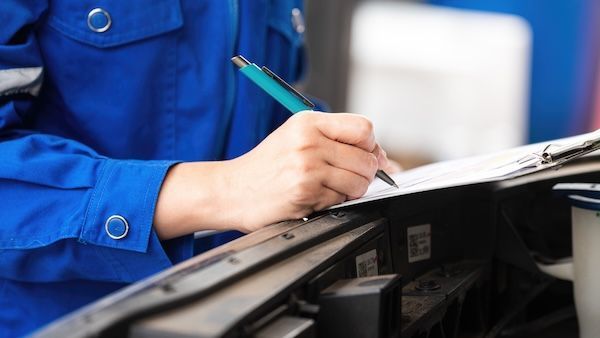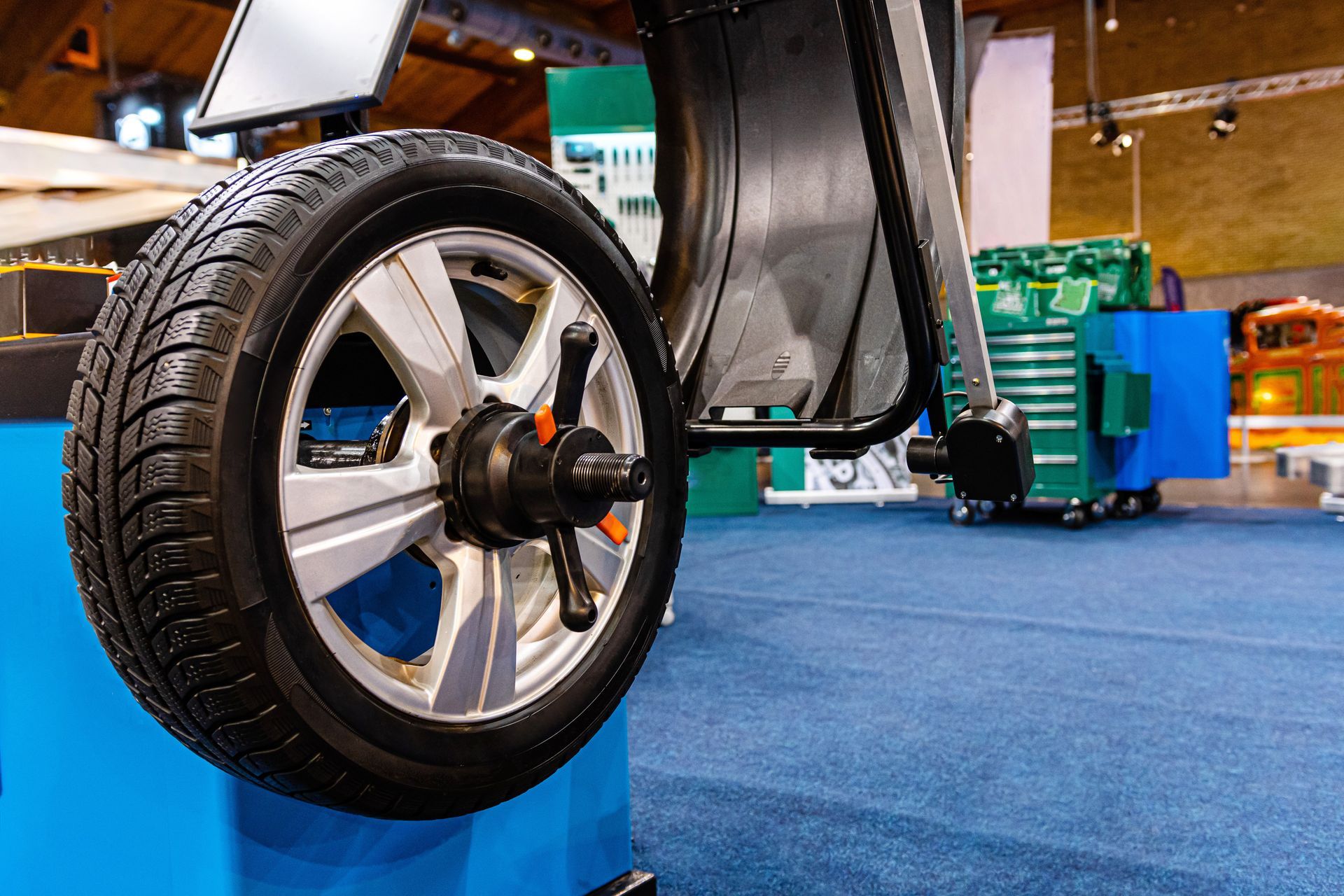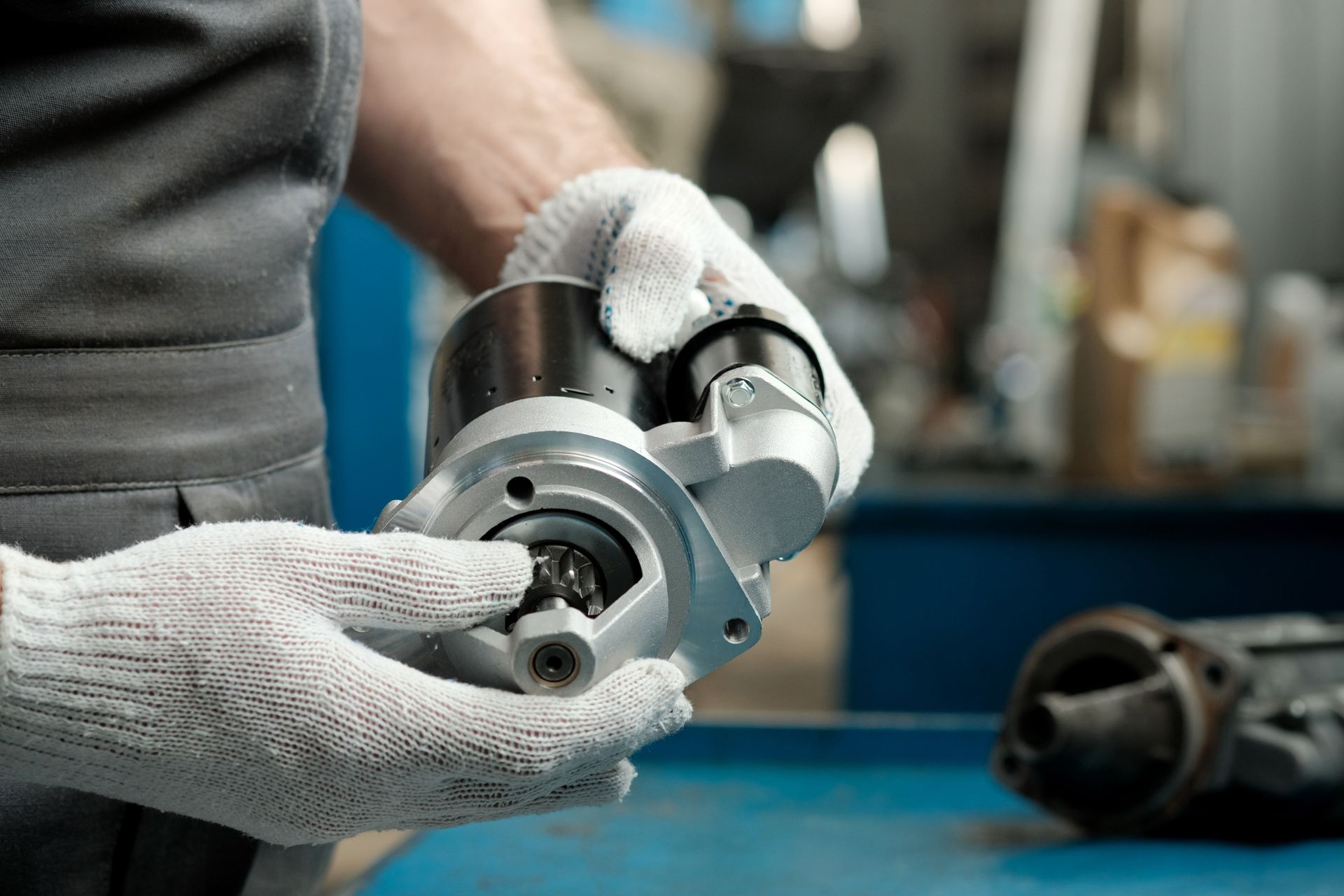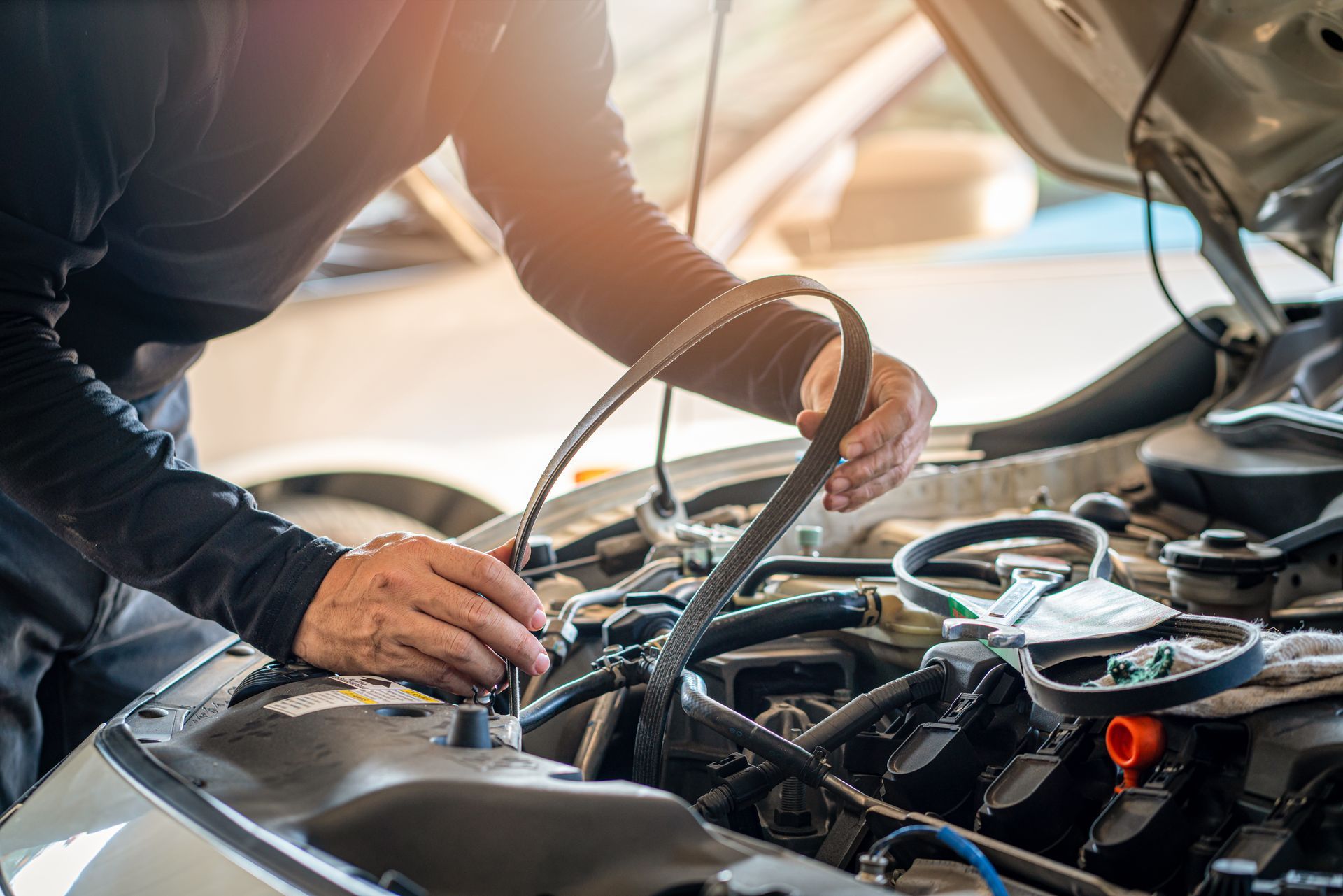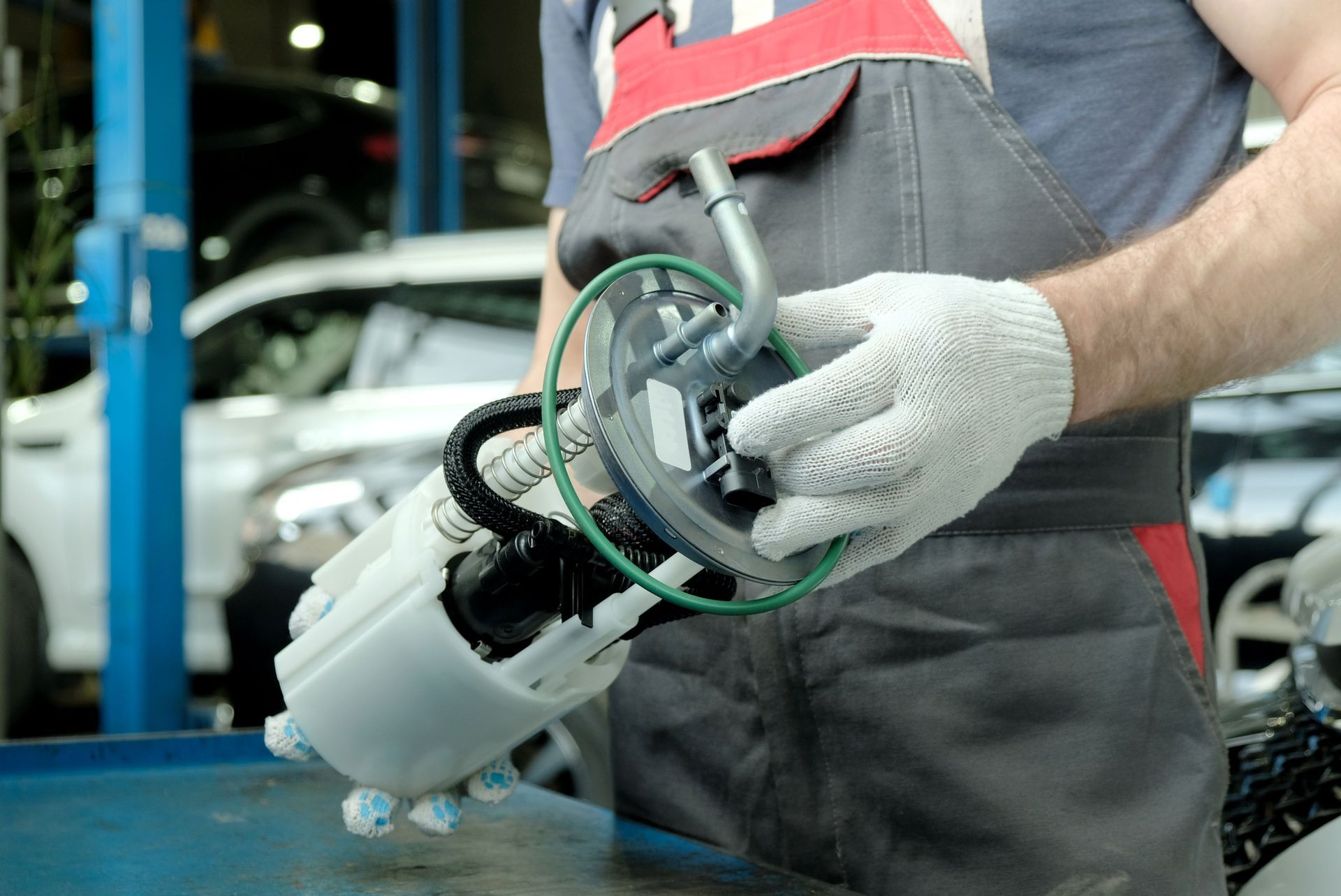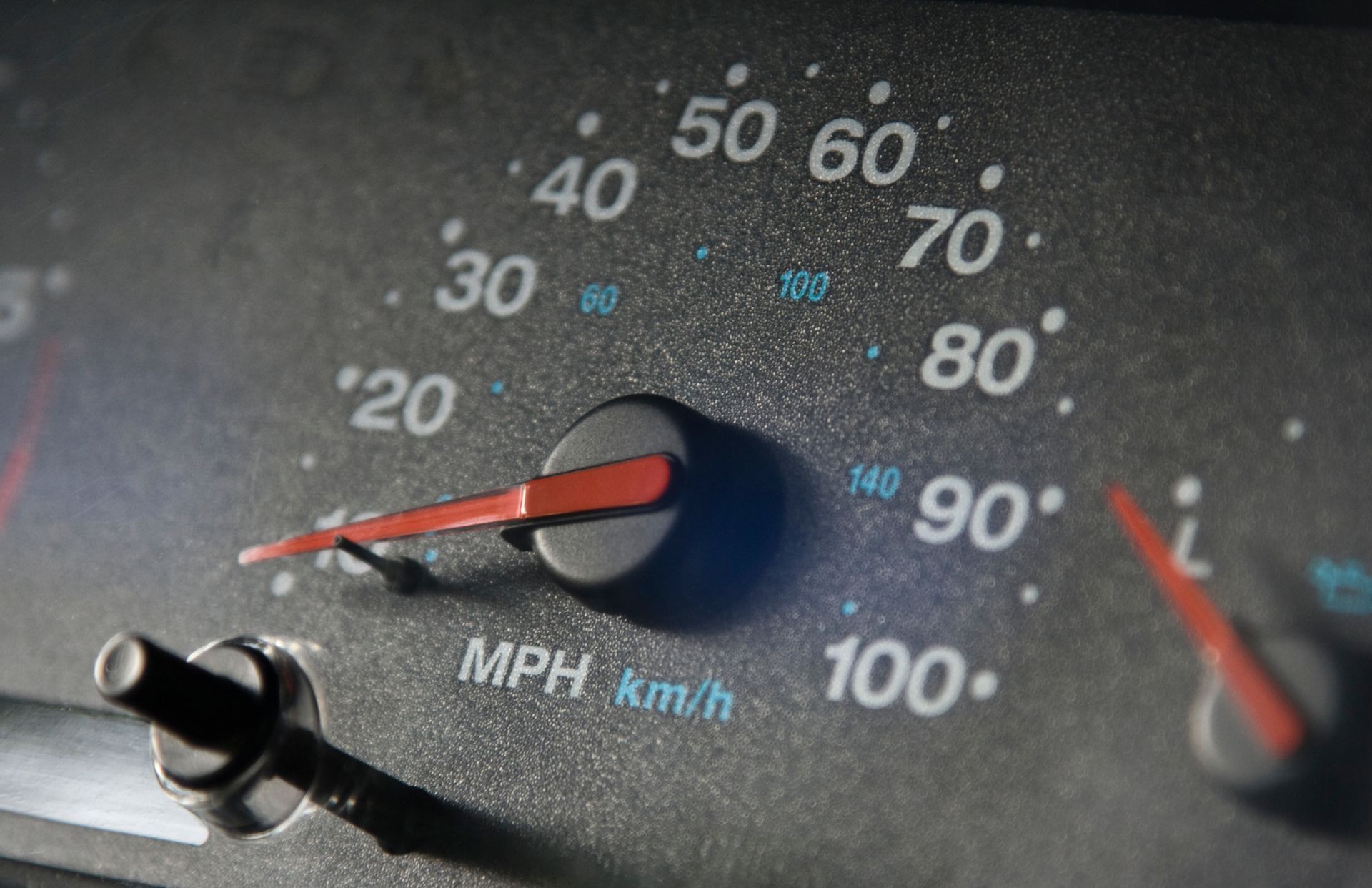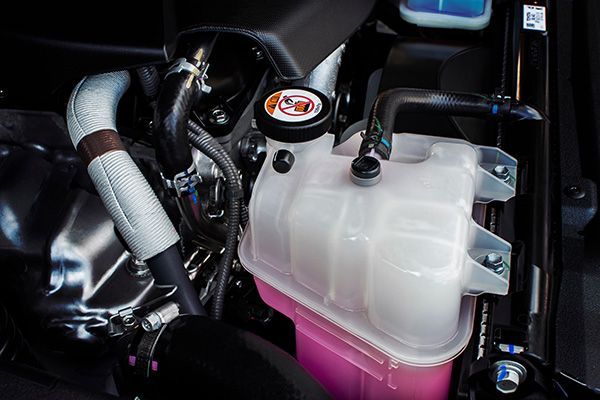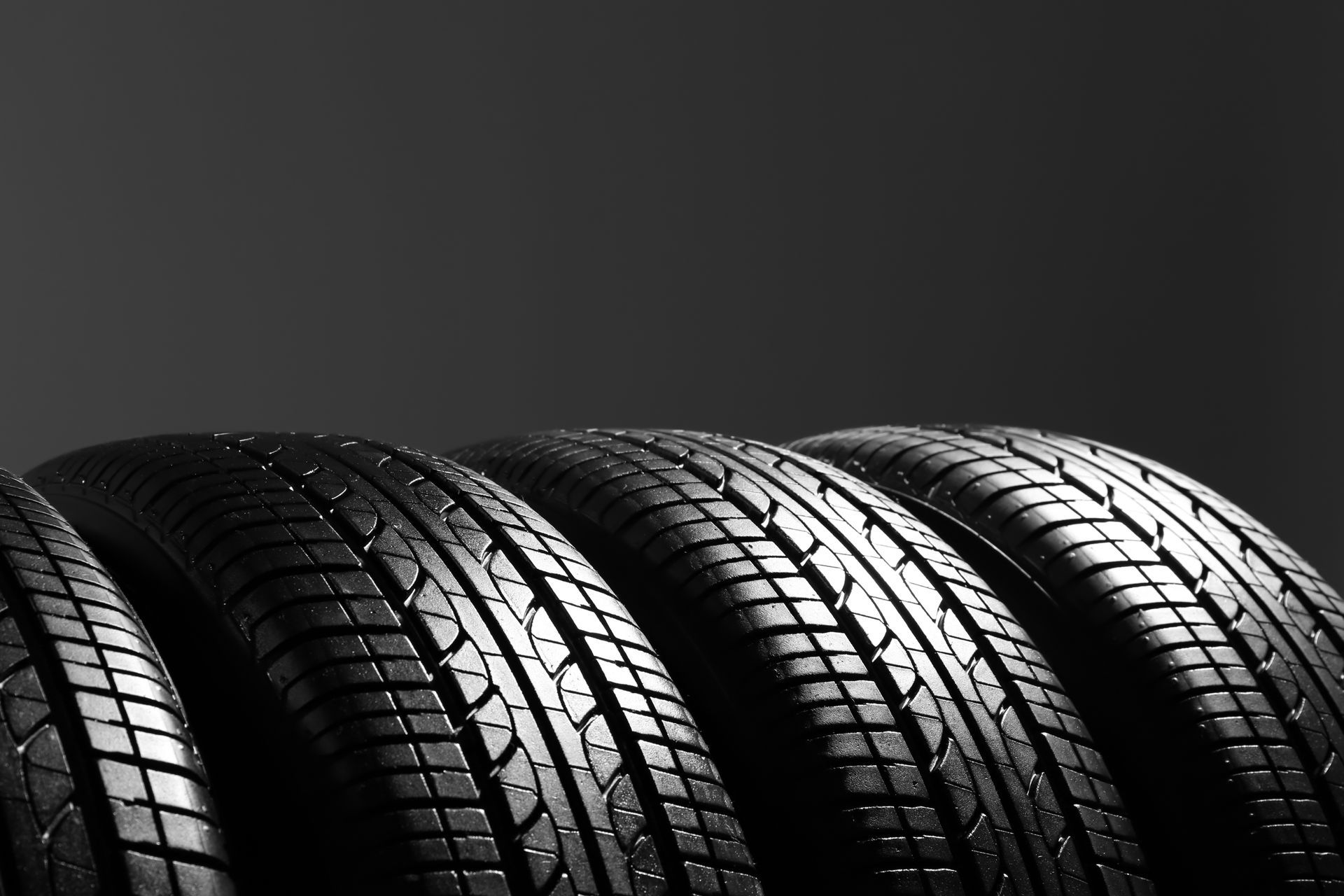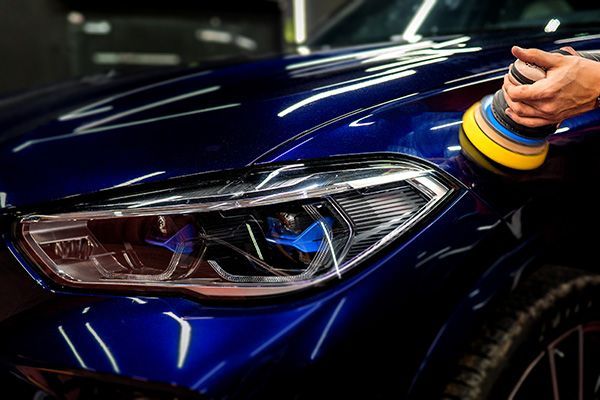Living near the coast has its perks—ocean views, fresh air, and that refreshing breeze you don’t get inland. But as great as it is for your quality of life, it’s a different story for your vehicle. Virginia Beach drivers face unique challenges when it comes to keeping their cars in top shape. The same salt and humidity that make beach life enjoyable also accelerate rust, corrosion, and wear in ways that aren’t always visible right away.
If you live in or near Virginia Beach, coastal car care isn’t optional—it’s essential. Here’s what local drivers need to know to help protect their investment and avoid preventable damage.
Why Salt Air Is Tough on Vehicles
Salt doesn’t need to come from snowy roads to be a problem. In coastal environments, salt particles from the ocean can cling to your car’s exterior even if you never drive directly on the beach. That salty film builds up over time, especially on undercarriage components, brake lines, suspension parts, and electrical connectors.
The problem is that salt attracts moisture, which leads to rust. Once corrosion begins, it spreads quickly. And in a warm, humid climate like Virginia Beach, rust doesn’t take long to settle in. That’s why corrosion protection and frequent inspections are so important for local drivers.
Undercarriage Cleaning Is a Must
One of the most effective steps you can take is regularly washing the underside of your car. While the paint on the body provides some protection, the undercarriage is where corrosion hits first. Metal fuel and brake lines, subframes, exhaust systems, and suspension parts are all vulnerable.
It’s best to rinse your undercarriage at least once a month—and more often if you drive close to the water or during high humidity weeks. Use a high-pressure hose or visit a car wash with an underbody spray. Don’t wait until visible rust shows up. By then, the damage is already in progress.
Don’t Overlook the Interior
Humidity affects more than just the exterior. Salt air can make its way inside your vehicle, especially if you leave the windows cracked. Over time, it can leave behind residue on interior panels and promote mold or mildew in carpets and upholstery.
If your vehicle sits outside most of the time, use sunshades, keep the interior clean, and vacuum regularly. Moisture-absorbing products or cabin dehumidifiers can help keep the air inside your car dry, especially during rainy seasons when humidity spikes.
Battery Life Is Shorter
Heat and humidity shorten battery life by causing the fluid inside to evaporate faster. That leaves your battery more prone to failure, particularly in older vehicles or ones with limited airflow around the engine bay.
If your car is more than a few years old or you’ve noticed slower starts, have the battery tested. Many failures can be prevented with a quick inspection and replacement before they leave you stranded. Regular battery checks should be part of your routine maintenance in a coastal climate.
Paint Protection Isn’t Just for Looks
That salty layer building up on your paint doesn’t just make the car look dirty. It can eat into the clear coat and, eventually, the metal underneath. Regular washing followed by waxing helps form a barrier that shields your paint from corrosive salt particles and harmful UV rays.
If you park outside, consider using a car cover or having a ceramic coating applied. These added layers of protection keep your paint in better condition and help preserve the value of your vehicle.
Harvey’s Garage – Coastal Maintenance Experts in Virginia Beach, VA
At Harvey’s Garage, we understand what it takes to keep vehicles protected in a coastal climate. From rust prevention and underbody inspections to battery testing and moisture control, our team knows what Virginia Beach drivers deal with.
Visit one of our two convenient locations for service tailored to coastal living, and we’ll help you keep your car looking great and performing even better for years to come.

